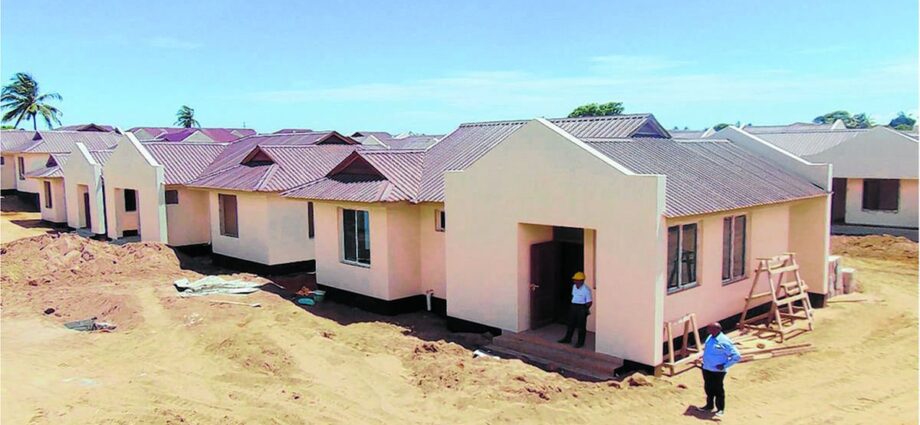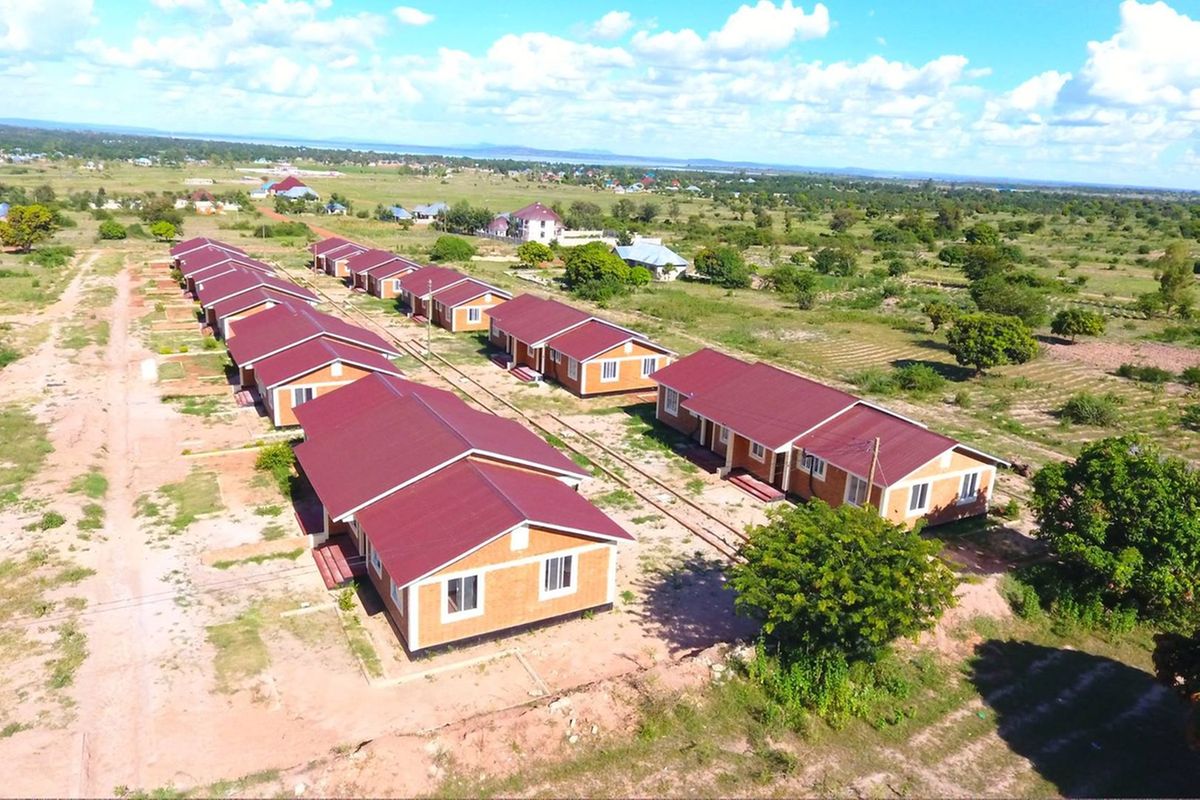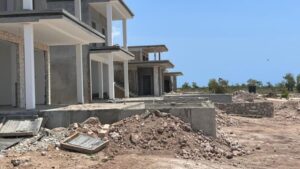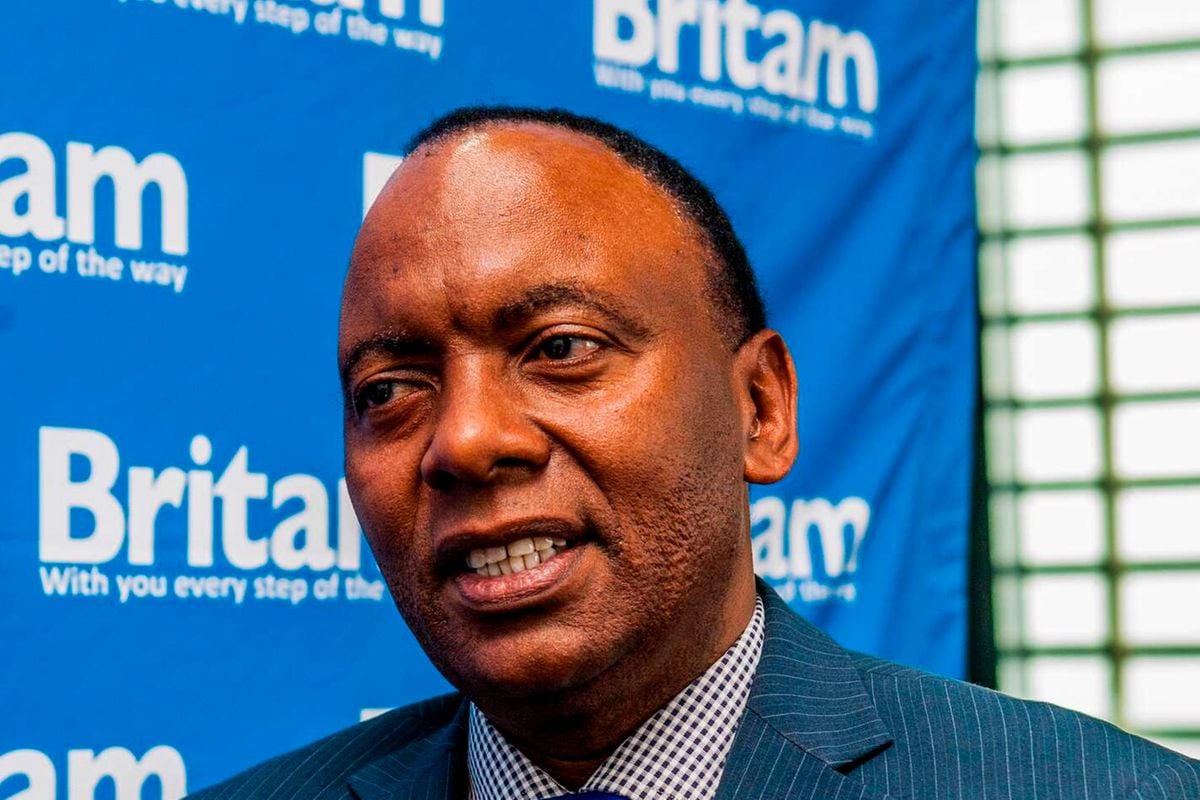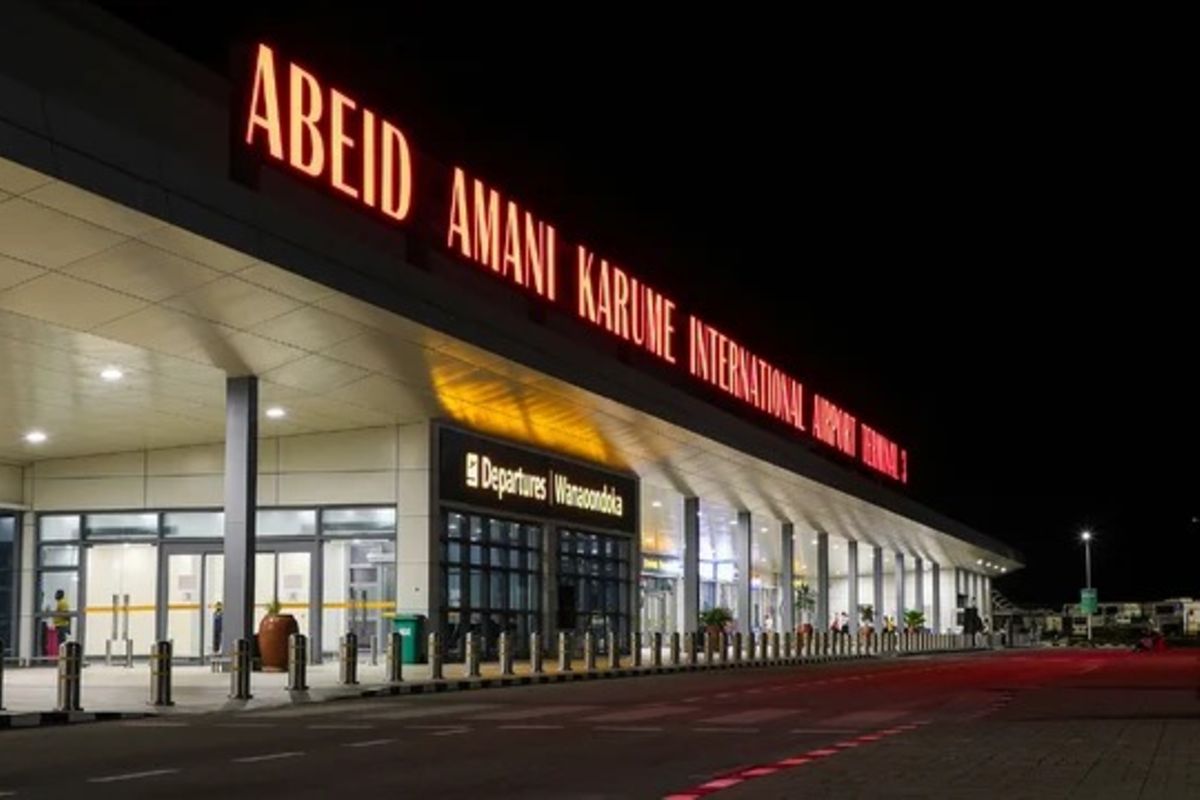Dar es Salaam. Despite facing an annual housing demand of about 200,000 units per year, the appetite of the privates sector for Tanzania’s real estate development remains low.
This, real estate developers say, is due to a number of factors, including the absence of a clear definition of what an affordable housing project entails, financing hurdles, unsupportive policies and difficulties in acquiring land.
In the wake of such challenges, developers now say the government should address the challenges to boost the private sector’s interest in meeting the demand.
Currently, only three state-owned institutions are developing affordable houses, which include the National Housing Corporation (NHC), Watumishi Housing Investment (WHI) and Tanzania Building Agency, which jointly build only 5000 houses per year.
With little investment in the sector, the 2022 Population and Housing Census show that the actual housing gap has widened from three million in 2012 to 3.8 million houses in 2022.
A property management strategist, Mr Andrew Kato, told The Citizen recently that several challenges were discouraging the private sector from participating in the development of affordable houses.
These, he said, include the lack of a housing policy that would assist in providing guidance and no fiscal incentives such as the removal of Value Added Tax (VAT) for selling houses from the government. The incentive, he said, could woo investors and enable them to get a return on their investments.
“We lack a clear definition of what constitutes affordable housing. For instance, we see houses being sold for Sh70 million, making it impossible for someone earning a minimum wage to afford a home and still have enough left to live on. That’s why we believe the housing policy needs to establish a precise definition,” he stressed.
Mr Kato added that the housing sector can contribute greatly to the growth of the national income, but there must be a definition of the type of affordable housing.
Watumishi Housing Investment (WHI) chief executive officer, Dr Fred Msemwa, said the main challenge facing the provision of affordable homes in Tanzania and generally in the East African region is the limited availability of construction finance, which limits the quantity of houses that can be supplied in the market.
Likewise, the lack of serviced land adds to the cost of houses as developers have to incur costs for infrastructure services such as roads, electricity, and water, hence making the prices of homes too high to afford for ordinary citizens.
The process for land is still a challenge, despite the good work that the government continues to do to streamline this process.
“The real estate industry is just picking up, and we are in discussions with potential investors to join forces to jointly deliver some housing units,” he said.
He said so far, WHI has built 1003 houses in 19 regions across the country, plans are to embark on the second phase of building 500 housing units in the cities of Dodoma and Dar es Salaam.
Furthermore, commencing the new financial year, we are set to implement the Public Servant Housing Scheme (PSHS) by building houses in districts to cater to public servants working in schools and health centres.
For his part, NHC Public Affairs and Information manager, Mr Muungano Saguya, said one of the major challenges in the provision of affordable housing in Tanzania is the availability of funding.
“The involvement of the private sector is paramount in resolving this challenge and therefore we have been encouraging the private sector to collaborate with NHC,” he said.
He said, unfortunately, mostly the private sector has more appetite for middle- to high-end developments, adding that NHC will continue to encourage and attract the private sector to invest in affordable housing.
In addition, NHC has constructed about 30,000 affordable housing units in Tanzania in 2023 since its inception, mainly built under slum clearance schemes in the major urban centres in the District Councils.
On the other hand, the managing director for Vijay Contractors, Mr Joseph Magida, said many challenges prevent the private sector from venturing into the business of affordable houses, including land issues and the lack of a housing policy that will protect low-income people.
Another challenge is the availability of funds. Banks are not yet ready to provide loans in that area, and the interest rate is still high, so investors see that they cannot get a return on investment.
“We think the government is the main stakeholder in this area who can deliver things that have attracted private investors; the land policy is unpredictable; conflicts are increasing all the time; this takes away the appetite of many investors,” he said.
Mr Magida added: “Currently, the government is building low-priced houses and not affordable housing as they are mentioned because they do not reflect the lives of Tanzanians. The house is sold for between Sh60 million and Sh100 million, so how many can buy it?”

